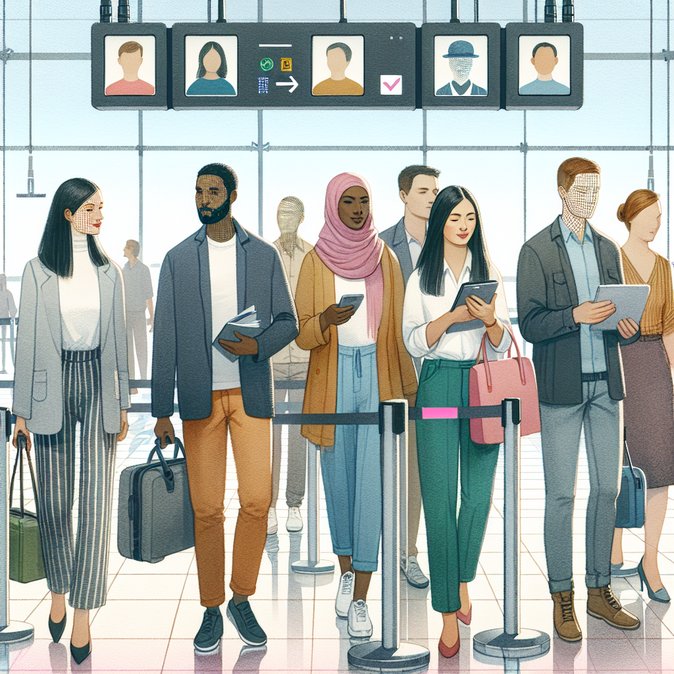
Dubai is edging closer to a science-fiction airport experience. On 4 November 2025 Emirates announced a AED 85 million (US$23.1 million) investment to install more than 200 biometric cameras across Terminal 3 at Dubai International Airport (DXB). Developed with the General Directorate of Residency & Foreigners Affairs – Dubai (GDRFAD), the system allows passengers who opt in to walk from check-in through immigration, lounges and boarding using face recognition only—no passport or boarding pass required.
Travellers enrol once via the Emirates app, self-service kiosks or check-in counters. The camera network then validates their identity at smart gates and boarding doors within seconds. Dubai Airports says average immigration processing times could fall below ten seconds, a critical gain as DXB targets 100 million annual passengers by 2027.
![Dubai International trials ‘passport-free’ journey with 200 new facial-recognition gates]()
Privacy has been a hot topic. Emirates stresses that all biometric data is processed under UAE data-protection law: existing GDRFAD records are used where possible, while new travellers’ profiles are converted into government records on arrival. Data is encrypted and deleted after legal retention limits, and consent can be withdrawn at any stage.
For corporate travel managers, the scheme promises faster turnarounds for hub-and-spoke connections and reduced missed-flight risk on tight layovers. It also signals growing global acceptance of biometrics at borders: Singapore, Frankfurt and Atlanta have launched similar corridors, but Dubai’s is the largest single-terminal deployment to date. Multinationals moving staff through DXB should update travel policies to include biometric enrolment options and brief employees on opt-in procedures.
Phase 1 covers Emirates flights; phase 2 will extend to transit passengers and, eventually, other carriers once agreements are in place. If successful, Dubai’s “passport-free” pathway could become the blueprint for next-generation border control across the Gulf, where digital identity programmes are scaling rapidly.
Travellers enrol once via the Emirates app, self-service kiosks or check-in counters. The camera network then validates their identity at smart gates and boarding doors within seconds. Dubai Airports says average immigration processing times could fall below ten seconds, a critical gain as DXB targets 100 million annual passengers by 2027.

Privacy has been a hot topic. Emirates stresses that all biometric data is processed under UAE data-protection law: existing GDRFAD records are used where possible, while new travellers’ profiles are converted into government records on arrival. Data is encrypted and deleted after legal retention limits, and consent can be withdrawn at any stage.
For corporate travel managers, the scheme promises faster turnarounds for hub-and-spoke connections and reduced missed-flight risk on tight layovers. It also signals growing global acceptance of biometrics at borders: Singapore, Frankfurt and Atlanta have launched similar corridors, but Dubai’s is the largest single-terminal deployment to date. Multinationals moving staff through DXB should update travel policies to include biometric enrolment options and brief employees on opt-in procedures.
Phase 1 covers Emirates flights; phase 2 will extend to transit passengers and, eventually, other carriers once agreements are in place. If successful, Dubai’s “passport-free” pathway could become the blueprint for next-generation border control across the Gulf, where digital identity programmes are scaling rapidly.











